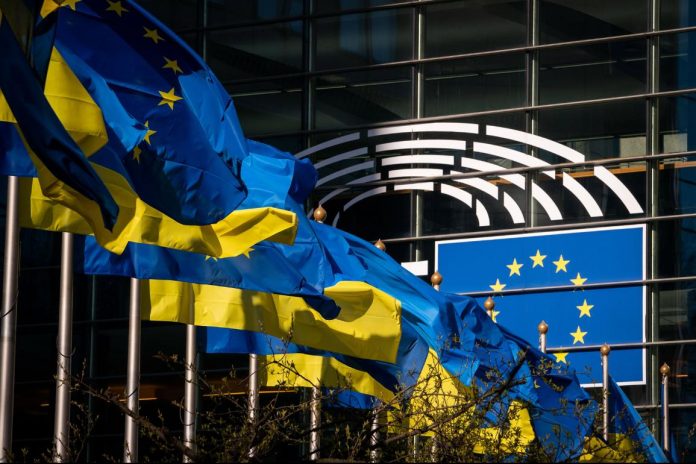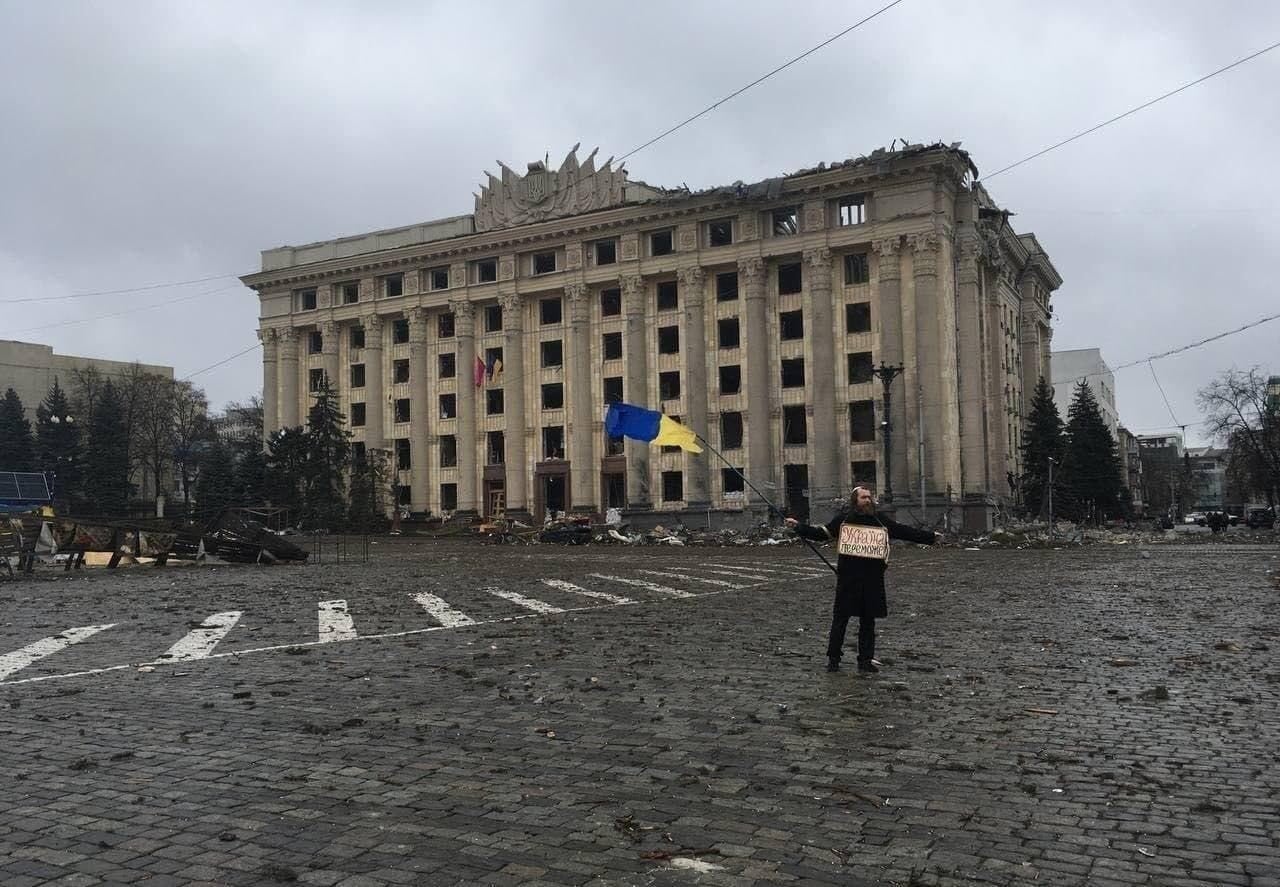Hahn says that Ukraine's planned EU accession could lead to a budget increase of up to 20%, provided that current EU rules for agricultural aid and structural support are maintained, as he informed the Funke media group newspapers, as per a DTS report. Currently, a 20% increase in the EU budget would amount to an additional €200 billion over a seven-year budget period.
“It sounds gigantic, but that only corresponds to 0.2% of European economic output and is certainly feasible,” the Commissioner noted. "It's a worthwhile investment because Ukraine has enormous economic potential,” adding that "the financial side is the least of my worries."
Hahn highlighted that the bigger challenge is the EU's internal preparation: making decisions, ensuring the rule of law, and integrating Ukraine's large agricultural sector with the EU's. He also noted that the EU requires institutional reforms, like adopting majority decision-making in foreign policy, independent of Ukraine and the Western Balkan countries' accession.
“My concern is that some countries will prepare very well for accession, fulfill the conditions and then we will say: Unfortunately, no,” Hahn said.
The EU Commissioner emphasized that it is "unrealistic" to expect Ukraine to join the EU quickly, particularly by 2028, the start of the next seven-year financial framework. He noted that it is impossible to predict when Ukraine will be ready for accession, explaining that accession under conditions of war is inconceivable since Ukraine is fighting for survival and all accession countries must meet the necessary reform requirements.
Earlier, Ukraine's Prime Minister Shmyhal said he sees Ukraine's EU accession as more beneficial for the EU than costly, stressing Ukraine's strengths in defense, energy, agriculture, raw materials, and digital technology. Shmyhal highlighted Ukraine's potential as a defense hub with a strong military and growing drone industry and noted Ukraine's capacity as an energy hub with surplus energy and significant gas storage. Shmyhal emphasized Ukraine's role in stabilizing the global food market and dismissed concerns about unfair competition in agriculture.
Ukraine's EU membership bid timeline
- Ukrainian Prime Minister: Ukraine aims to start EU accession negotiations no later than June
- EU set to unlock €50 billion in aid following endorsement of Ukraine’s reform plan
- PM Shmyhal: Ukraine hopes to start EU membership talks in H1 2024
- Armenia deepening relations with US, EU, considers joining EU, FM says
- “Historic moment” as European Council decides to open accession talks with Ukraine
- Putin’s Trojan horse? Orban’s veto looms over Ukraine’s EU bid
- Europeans largely welcome Ukraine’s EU membership bid – polls
- Breaking: EU recommends opening talks with Ukraine on accession to bloc
- Overwhelming majority of Ukrainians support Ukraine’s membership in NATO and EU – poll
- Ukraine’s rapid EU accession impossible – former EU Commission President
- 58% Ukrainians support joining EU, 54% in favor of NATO, IRI Ukraine poll shows (2021)
- Ukraine plans to join EU within next two years – Ukraine’s PM
- Ukraine in the EU: utopia or reality? (2014)





